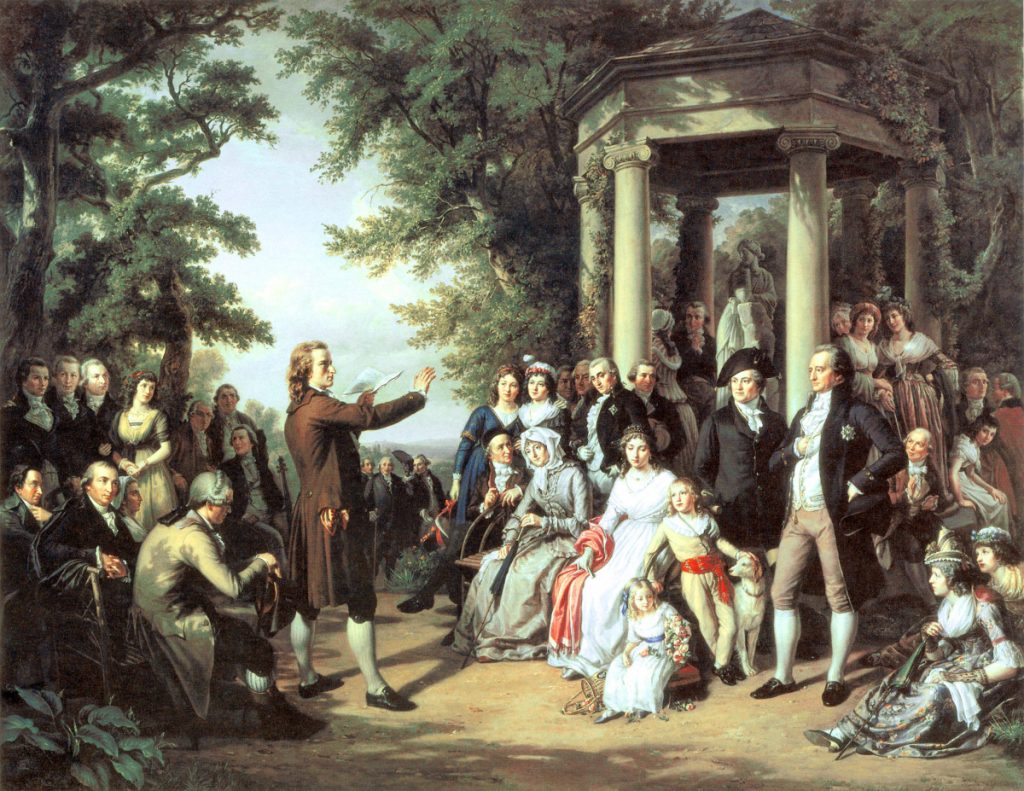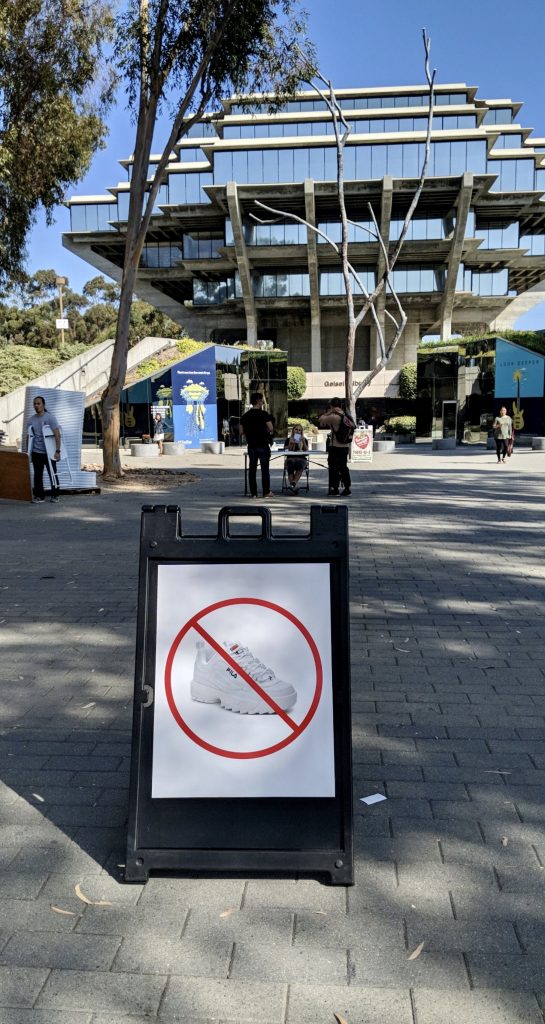I believe in Enlightenment because I believe rational thoughts drive the humanity as a whole forward. Imagine living without computers, electricity, and science in general. Life will be reverted to its primal state and humans will be no different than animals. All these inventions are possible because of rationality and a strong emphasis on science for the last couple hundred years. Furthermore, I think rationality is important because it helps us avoid confusion is our life. While some may ask, “What is the meaning of life?” This is certainly a valid question, and I question this myself sometimes, too. Yet, no one can answer this question will full certainty. Therefore, I argue that, although it is interesting to fathom the answer to the question, it is ultimately impractical. Instead, we should focus on definitive questions such as: “How can we make and our life better?”, “How can we make the most of our life?”, etc. However, I also realize that life without Romanticist beliefs can be unbearable. We would be no different than robots that follow a set of predefined rules. A society without Romanticist elements, such as emotions, aesthetics, relationships, etc, has the full potential to become dystopian. In such a society, empathy, warmth, and genuineness are replaced by self-serving desires, coldness, and calculations. In short, it would not be a nice place to live in. Therefore, I believe extremity on both ends of the spectrum can be catastrophic, and it is certainly beneficial to strike for a balance of the two ideologies.
After learning about the Enlightenment and Romanticism, I gained a broader view of how Western politics and government are structured, in particular the US Government. Growing up in a very different culture (although a similar form a government), I was never taught the reason for the particular structure of the government that we used in our country, let along read the foundational writings of the philosophers that influenced and sprouted these thoughts. Therefore, it is certainly thought-provoking for me to read the works of Locke, Rousseau, Kant, etc. Following their reasoning, I saw different viewpoints of state of nature, natural rights, and ideal society. I realized many of these thoughts can be traced to the modern democratic society that most of us live in. For instance, Locke proposed the idea of fundamental human rights, which is practically embedded in most people’s minds these days and Kant develops an ethical system that emphasizes reason and rational agency, which is reflected in the jurisdiction system of contemporary western societies.
In summary, the main takeaway from this class, for me, was that following any principles to the extreme can be dangerous. In the Sorrows of Young Werther, we saw extreme devotion to romanticism can lead to a volatile mental state, like Werther and in Rousseau’s Discourse on Inequality, the author showed how reasoning leads to unnecessary social constraints, misery, and injustice. Thus, I believe modesty is the only way to ensure our physical and mental welfare.



